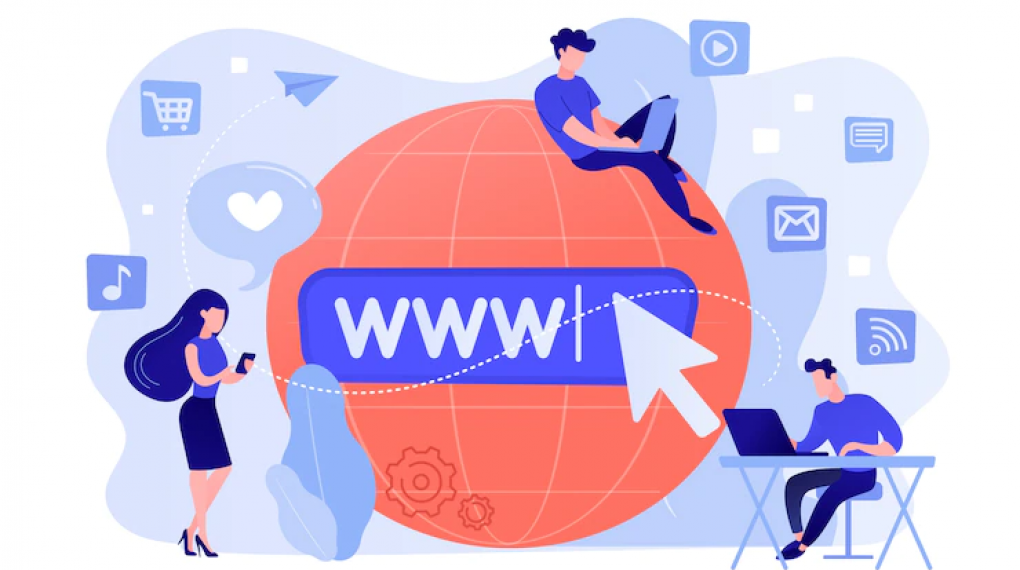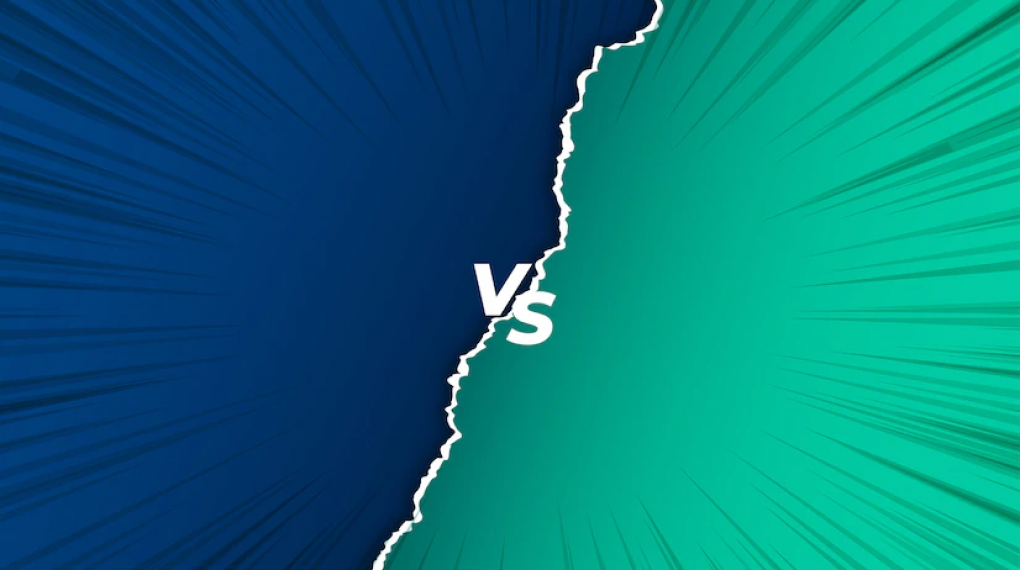
Proxy servers were originally used for caching, especially images. To speed websites up in the past, servers analyzed data packets and downloaded data to be cached if it was a first-time visitor. This meant that the next time that same user visited the site it would load that much faster.
Today though, proxy servers are associated with privacy and security. Web proxies are used by business owners and home users to hide their locations, and stay safe online. Websites use reverse proxies to increase security and protect themselves from attacks by hiding their servers’ IP addresses.
It is estimated that around 33,002,091 websites use reverse proxies today, and the biggest market is the US. For most people though, it is forward proxies that are of most concern.
These proxies can be used to help with a number of business tasks, or they can simply be used to access geo-blocked content.
Why are proxies used and who uses them?
A home user can use a proxy in a similar way to a VPN. For many people, this is simply an effective way to mask an IP and increase online security. For recreational uses, a proxy allows better access to streaming services overseas.
Switching geographical location through a proxy lets the user access content that is unavailable in their country. This can sometimes mean access to lower prices or restricted offers too.

A proxy is one of the important ways to improve cyber security today, and businesses will commonly use them. Forward proxies are used when employees access the internet, and reverse proxies are used for incoming traffic.
Certain tasks such as managing multiple accounts and data scraping require the use of proxies, and they can help to avoid bans and restrictions.
What are the different protocols used for proxies?
When looking into the different types of proxy you can use, you will notice that different network protocols are mentioned. Different proxy providers will talk about why you should use this protocol instead of that protocol.
Network protocols are needed to be able to send and receive data. Each protocol has its own set of rules that determine how data is sent. Typically, a procedure is broken down into small tasks and then processed.
These protocols allow one device to communicate with another regardless of the device’s manufacture, or system that is being operated. For instance, when you message from a PC to an iPhone, there will be a network protocol in place to cope with instant messaging. If you have ever uploaded by FTP then you have used the file transfer protocol.
For proxies you will normally see the following protocols:
- HTTP
- HTTPS
- SOCKS4
- SOCKS5
They each have advantages and disadvantages, and how well they perform for the user will depend on the provider and other factors.
Someone in the UK who wished to access restricted content based in the states might opt for SOCKS5 USA proxies for geographical and security reasons for instance. However, if speed is a factor, then HTTP might be better than SOCKS.
What is the difference between HTTP and SOCKS?
You will use HTTP every day when you access websites. This is the protocol used to retrieve data when a request is made to a website. HTTP stands for HyperText Transfer Protocol, and HTTPS is HyperText Transfer Protocol Secure.
These protocols are what allow code in HTML and CSS to be retrieved and turned into web pages that your browser can display.
Using an HTTP proxy means that you are using a gateway between your browser and the website you are visiting. This simply adds another level of security and hides your IP address. If you use an HTTPS proxy server then your data will be encrypted making your activities online even safer.

SOCKS is another type of protocol used by proxies. SOCKS stands for Socket Secure and is used by proxies in the same way that HTTP is. SOCKS proxies also work as an intermediary that protects your data and device from attack, and masks your location.
The difference between HTTP and SOCKS is that the latter was specifically designed to be capable of processing large volumes of data. Video streaming and peer-to-peer data transfer for instance.
What makes SOCKS5 better than the other options?
All proxy options have one thing in common, they can hide your IP. Some are better than others, and some free VPNs are quite poor.
If you want to see if your masking option is working, then you can visit what is my IP address. Check it without your proxy or VPN is connected, then check again after the connection. Regardless of whether you are using HTTP or SOCKS, you should be able to see your IP has changed.
One big difference between SOCKS and HTTP is the requests they can handle. HTTP is the protocol used to send requests for webpages. These requests are how text, video, and images are able to appear in your viewport.
An HTTP proxy is designed to handle HTTP requests and those only. SOCKS though is a little different. SOCKS5 has been in place since 1996 and supersedes SOCKS4.
Benefits of using a SOCKS5 proxy:
- Compatible with all web traffic
- Helps to avoid blocking and bans
- Fast performance for P2P tasks
- Reliable connection
- Can work with TCP
While HTTP proxies can only cope with HTTP requests, SOCKS is more flexible and can cope with HTTP, HTTPS, POP3, FTP, and SMTP. Also, performance for some tasks such as P2P is improved, and like all proxies, SOCKS5 will help users circumvent blacklists and bans.
Downsides of SOCKS5:
- Slower than HTTP proxy for some requests
- Cannot interpret web data
- Free proxies can be very slow
- Less popular than HTTP
- Less private than a VPN
This proxy provider recommends SOCKS5 for downloading, uploading, and transferring data. For functions such as data collection, SOCKS5 can provide a better option than HTTP. One of the reasons that SOCKS is good for P2P functions is that it transfers smaller data packets making it extremely fast for
Is a SOCKS5 proxy better than a VPN?
VPN usage is far more common than proxies for home users at least. Anyone can get fast and safer internet through a VPN, and they are available for free.
The premium options now often have SOCKS5 proxies available too. So why use a proxy when you can get a VPN instead?

One of the differences is how VPN and proxy providers handle IP addresses. A VPN will assign you an IP and mask your location. However, once you connect to a website that IP will be recorded.
A SOCKS5 proxy however can come with rotating IPs meaning that it is far harder to track and impossible to block. VPNs encrypt data which makes them safer, and they can be faster. But, SOCKS5 proxies are better when higher bandwidth is needed.
Summary
Compared to other proxies, SOCKS5 is more secure and more flexible. A SOCKS5 proxy can cope with all web traffic unlike HTTP, and it was specifically designed to cope with high levels of traffic.
This makes SOCKS5 the ideal choice for peer-to-peer tasks and activities, streaming, and data mining. It can get past most blocks including firewalls and is the better choice for traffic-intense projects such as content scraping.
Additionals:






